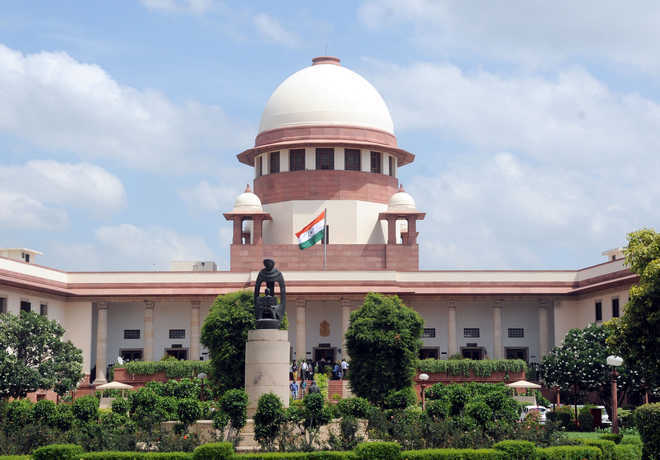In a significant legal development, the Supreme Court of India has dismissed a plea filed by the University Grants Commission (UGC) seeking changes to the admission criteria of St. Stephen’s College, a prestigious institution affiliated with Delhi University. The decision underscores the autonomy of educational institutions and their authority in determining admission procedures.
The UGC had challenged the admission criteria set by St. Stephen’s College, which included a separate interview process that was distinct from the centralized admission process followed by other Delhi University colleges. The Supreme Court’s rejection of the plea upholds the college’s autonomy in setting its own admission standards.
The verdict reaffirms the principle of institutional autonomy and the right of colleges to establish admission criteria that align with their unique educational ethos. St. Stephen’s College, renowned for its academic excellence and distinctive approach to education, has traditionally employed a comprehensive evaluation process that includes both academic achievements and personal interviews.
The court’s decision is expected to have broader implications for educational institutions across the country, signaling a precedent that allows colleges and universities to determine their admission criteria without undue interference. It also highlights the importance of diversity in admission methodologies that reflect the specific character and goals of each institution.
St. Stephen’s College, with its rich legacy and commitment to holistic education, has been at the center of the admission criteria debate for some time. The Supreme Court’s ruling serves as a validation of the college’s approach to admissions and an acknowledgment of the institution’s unique identity.
The case has also sparked discussions about the balance between centralized admission processes and institutional autonomy. As higher education institutions continue to evolve, the verdict sets a precedent that could guide future decisions regarding admission criteria and institutional independence in shaping educational experiences.
The Supreme Court’s decision to reject the UGC’s plea underscores the judiciary’s recognition of the importance of allowing colleges and universities the freedom to define their admission criteria in alignment with their educational philosophies. The ruling reflects a commitment to preserving the diversity and autonomy that make India’s higher education landscape dynamic and vibrant.










